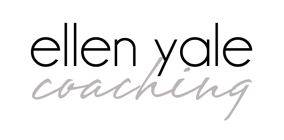
How Could You Have Planned Better For The Pandemic?

People who play it super safe are quick to tell you that if you had saved all of your money, and had it in a liquid form like cash or savings or a money market, you would have been protected.
And they are right.
To a point.
If you have a lot of easy to access money you might have enough to weather a job loss for year or two without losing your house or have money for rent.
You might have enough money to live in a way similar to how you are living now.
But living today focused on a possible crisis in the future has it’s own pitfalls.
Like missing out on opportunities right in front of you.
I want to suggest that rather than live a small life in the present so you can weather the perfect storm in the future may not be the best way to prepare for the next pandemic.
Sure, having savings is a key piece of financial planning.
But your best investment is in learning how to manage your mind in the midst of chaos.
It is impossible to prepare for every possible catastrophe.
But it is possible to build your resilience muscle.
It’s not what happens to you.
It’s how you handle what happens to you.
If you learn to embrace uncertainty with the certainty that you can handle it, then you are prepared for anything.
There are two women who have experienced heartache and great loss of both family and possessions during COVID19.
One woman will live the rest of her life feeling like a victim and noticing what is lacking every day for the rest of her life.
The other will grieve and mourn, but look for new opportunities to shape and change her path. She will incorporate her painful experiences into her new life as she evolves into a more fully, beautifully complex person.
If you know you can weather any emotional situation, you know you can deal with anything that life throws at you.
And that’s something that money can’t buy.
